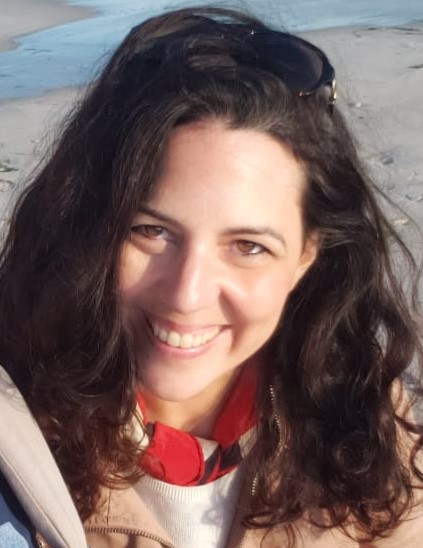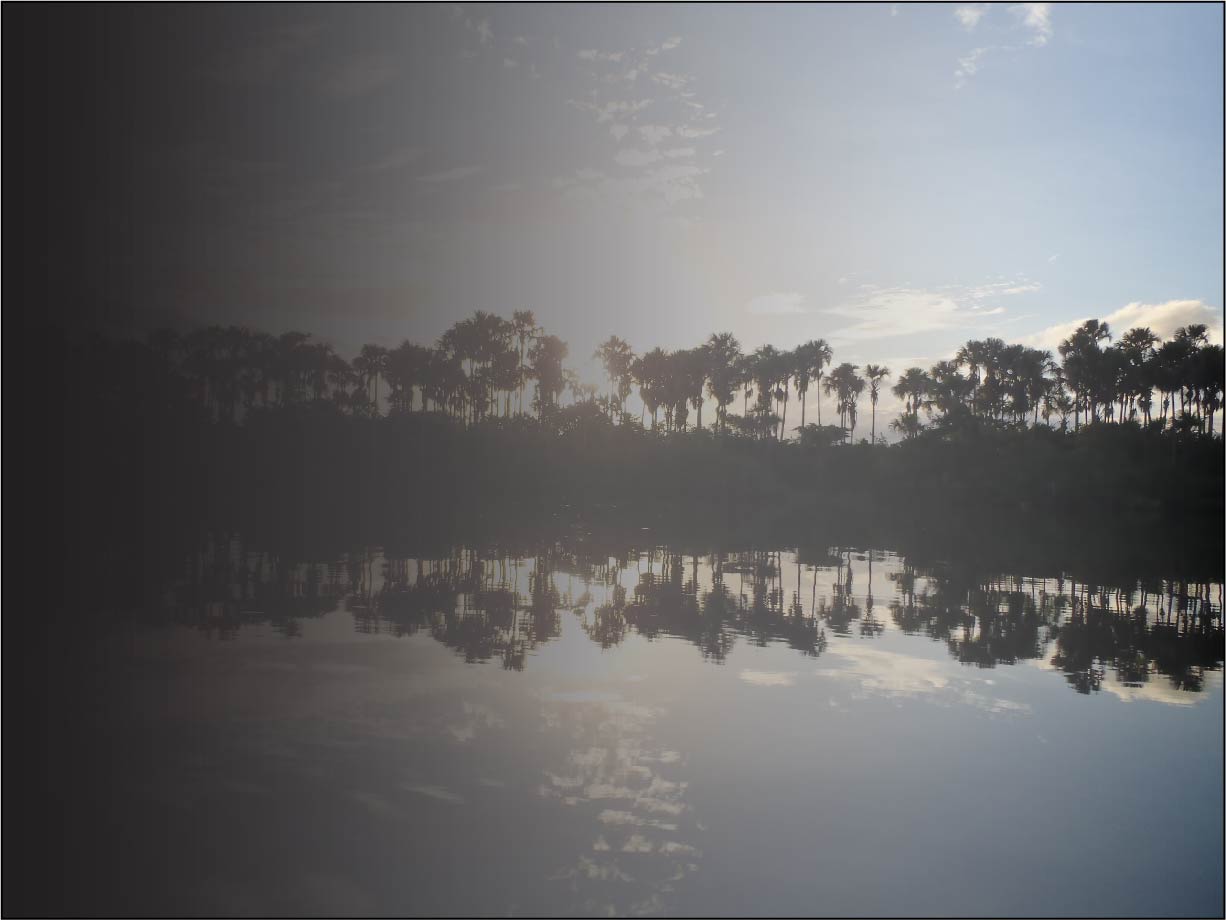This user has not added any information to their profile yet.

I am an environmental scientist with a passion in getting a better understanding of Climate Change Adaptation (CCA) and Disaster Risk Reduction (DRR). I've been fortunate enough to conduct research in North, Central and South America, Asia, Africa and Europe, working with international organizations, local governments, civil protection, emergencies teams, grassroots organizations and countless individuals. These field experiences have given me a hands-off understanding on how extremely challenging can be to apply effective/actionable research for CCA and DRR.
Together with a countless mentors and colleagues from different fields I have worked on quite different methodological approaches, including Geospatial analysis and modelling (e.g., AI applied to future simulations of land uses, Sea Level Rise and Flooding simulations), Computer Modelling (e.g., Fuzzy Set analysis, Network Modelling) as well as Qualitative approaches (e.g., Interviews and surveys, Storyline’s development). All these approaches have brought a different light on how communities are impacted by, react to and learn from natural disasters and climate change effects.
But among them all, there is one line of research that fascinate me: the understanding the human and “informal” side of resilience. That is, the invisible web of people connected to each other through personal relations and that constitute the backbones of communities in the face of any disruptive event. Since I worked from the first time with a disaster exposed community in 2009, I was deeply impressed by how people, regardless of the institutional context, depend on each other and organize themselves. My suspicion was (and is) that informal networks are a fundamental component of the resilience of a community and that, more often than not, they are not fully recognized or integrated into Disaster Risk Reduction (DRR) and CCA policies, strategies and practices. Mainly because those networks are by nature invisible and indeed, informal.
In the light of all this and hoping to gather some preliminary scientific evidence, and together with a fantastic team of collaborators I have been leading a series of field work campaigns from 2016 onwards. Evidence from the field from Nepal (Gorkha Earthquake aftermath), Japan (T?hoku earthquake and tsunami) and The Philippines (Haiyan and Nina typhoons) demonstrate the role that Informal Networks did indeed play a major role in disaster response and recovery despite the very different geographical and socio-political contexts. In some cases, these informal networks filled the void at times where official players (such as governments or NGO's) could not reach communities in distress. The outputs of this research have been disseminated across practitioners, civilians and academic channels, including among others: a local conference in The Philippines (2017), an international broadcast at the Red Cross International Headquarters (2017), a SAGE Journal publication (https://doi.org/10.1177/0042098018810606) and also, a presentation at the United Nations for Disaster Risk Reduction Forum (2017).
My goal is to keep working on this topic and gain further understanding on the role of informal social networks for DRR across the globe, to hopefully inform the debate, influence policy and practices, and ultimately trying to help the communities threaten by CC and Disasters.
Contact Rocio at rocio.carrero@ronininstitute.org.

